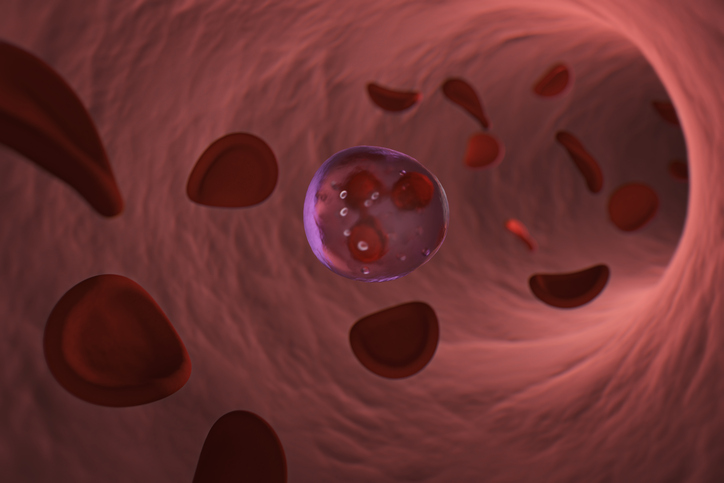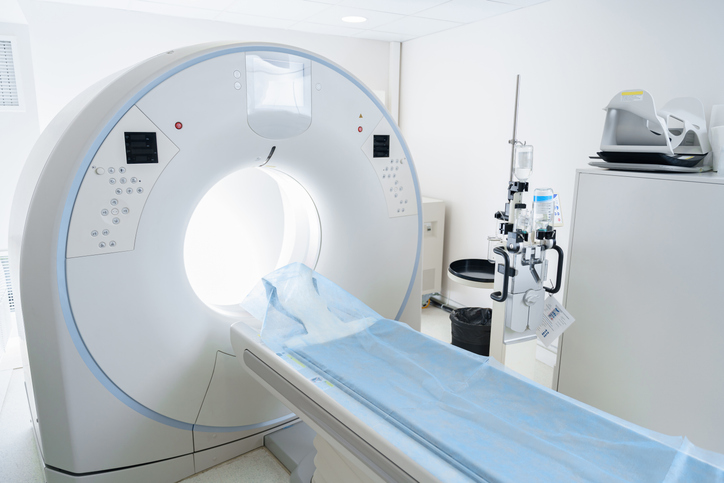
Researchers have recently identified 151 genes that are likely to be associated with atrial fibrillation risks. Using data from over 1 million people, the team performed a genome wide-association study analyzing 60,620 cases of atrial fibrillation and 970,216 controls to assess for genetic risk variants. This ‘big data’ study was conducted by researchers from the University of Michigan and colleagues and was published in Nature Genetics.
The authors write that they “identified 142 independent risk variants at 111 loci and prioritized 151 functional candidate genes likely to be involved in atrial fibrillation.” They note that many of the risk variants are located near genes near more deleterious mutations for heart defects in humans.
A genetic risk score was created for each gene identified, allowing the researchers to determine which patients were likely to be at the highest genetic risk for atrial fibrillation. Noting the role of genes in fetal cardiac development, the team acknowledges that this could implicate that risk for atrial fibrillation begins forming before birth.
With 2.2 million people in the U.S. having atrial fibrillation, this condition presents a prevalent and serious issue. The irregular rhythm of the heart caused by this disease commonly leads to blood clot formation, increasing a patient’s risk of stroke by 4 to 6 times. There are few treatment options currently existing for atrial fibrillation, yielding poor side effects and low success rates. With the findings of this study, practitioners may be able to utilize a genetic test to determine one’s risk for atrial fibrillation, better equipping them to prevent cardiac complications.
The researchers are optimistic about the future use of genetics in cardiology, stating that further experiments will hopefully “determine how to create sustained regular heart rhythms by studying the genes we and others have identified.”
Biobank-driven genomic discovery yields new insight into atrial fibrillation biology, pointing to genes acting via cardiac structural remodeling, potentially in the form of an ‘atrial cardiomyopathy’ https://t.co/4hpV2ZTUMC pic.twitter.com/XFtUXOt3rX
— AFib Emory (@AFib_Emory) August 6, 2018
Ranolazine Does Not Reduce First-incident Ventricular Tachycardia or Ventricular Fibrillation
Sources: Nature Genetics, MedicalNewsToday







 © 2025 Mashup Media, LLC, a Formedics Property. All Rights Reserved.
© 2025 Mashup Media, LLC, a Formedics Property. All Rights Reserved.